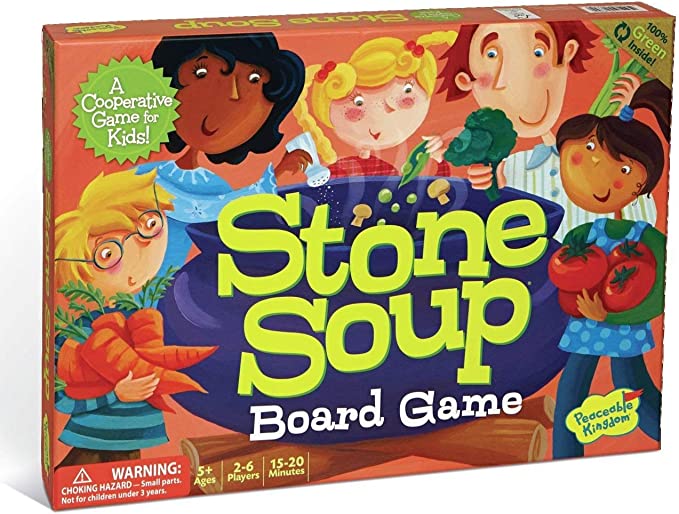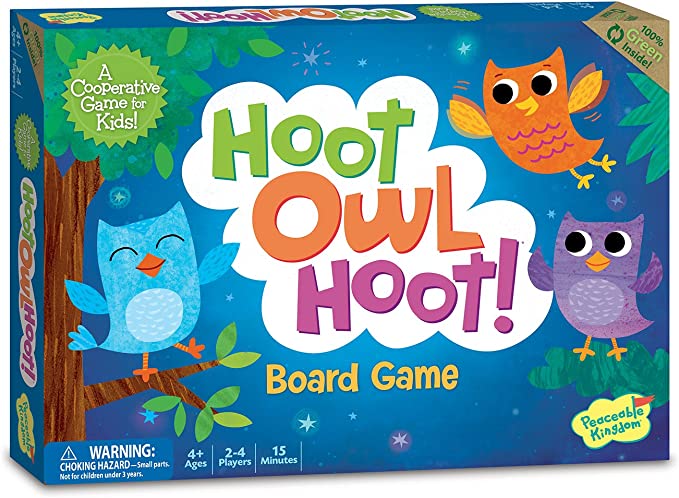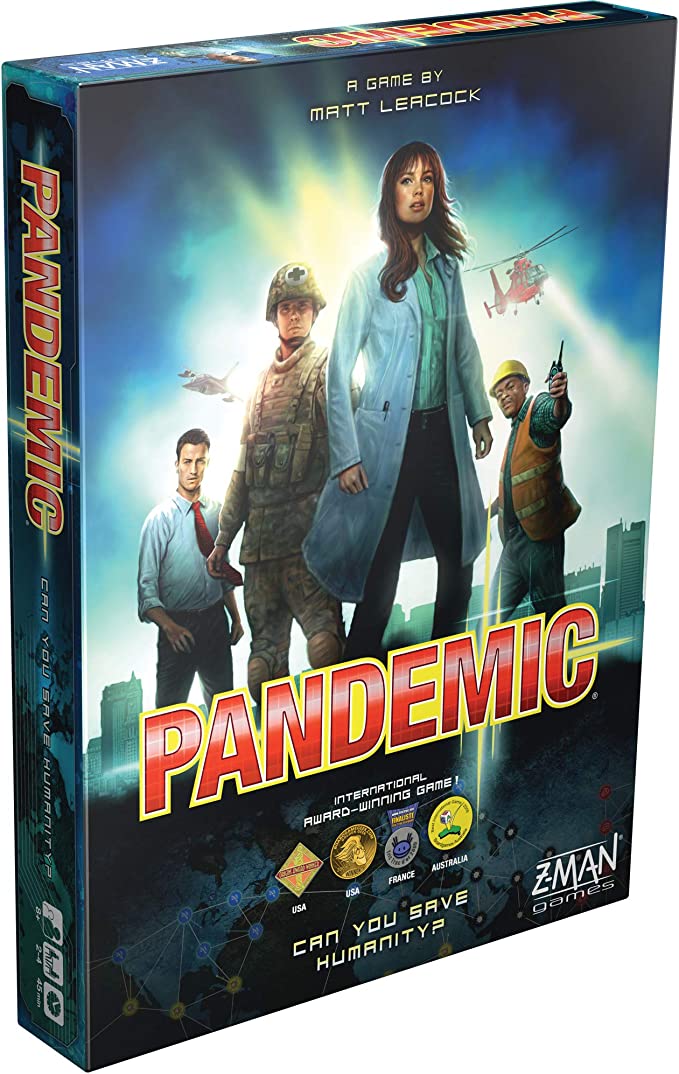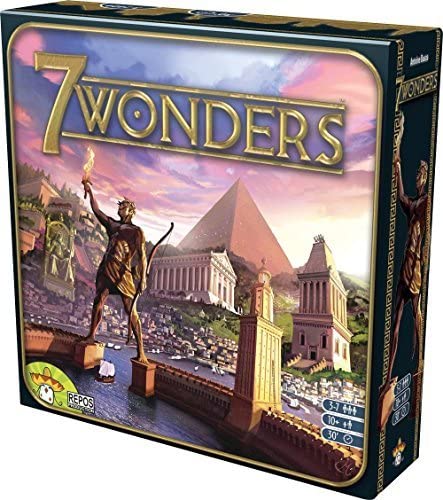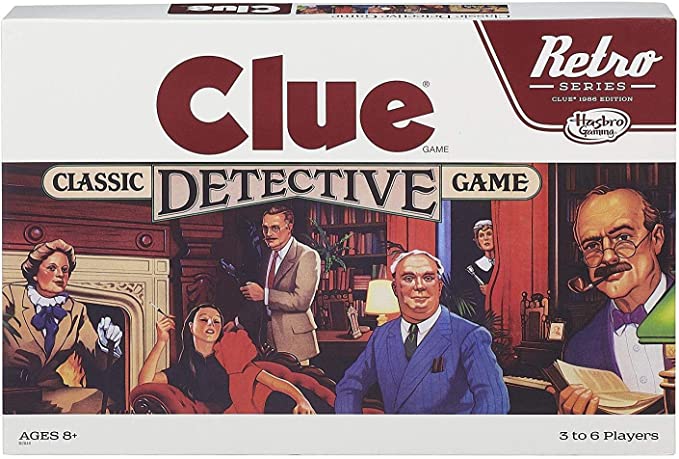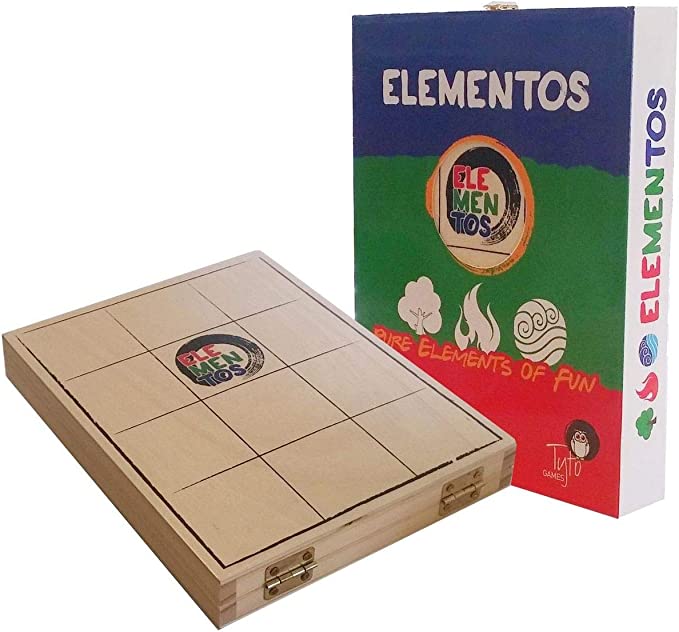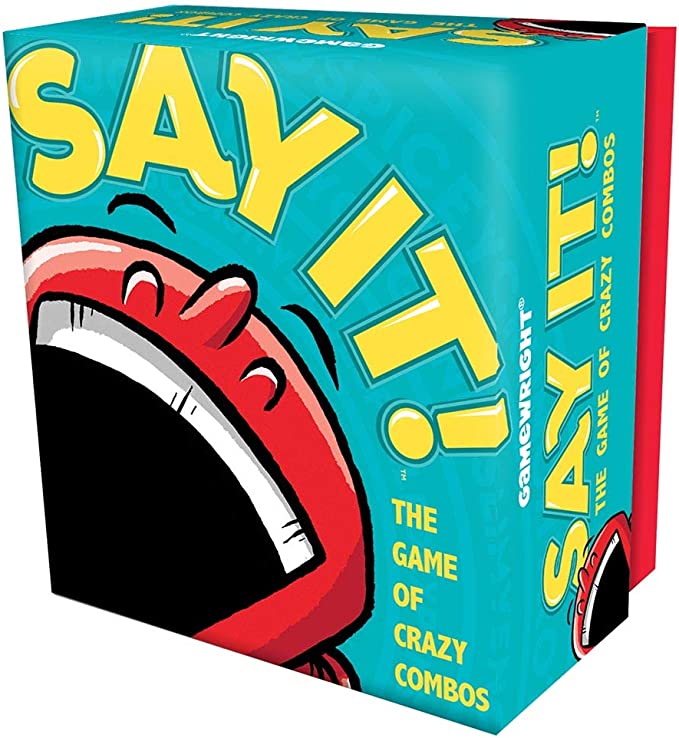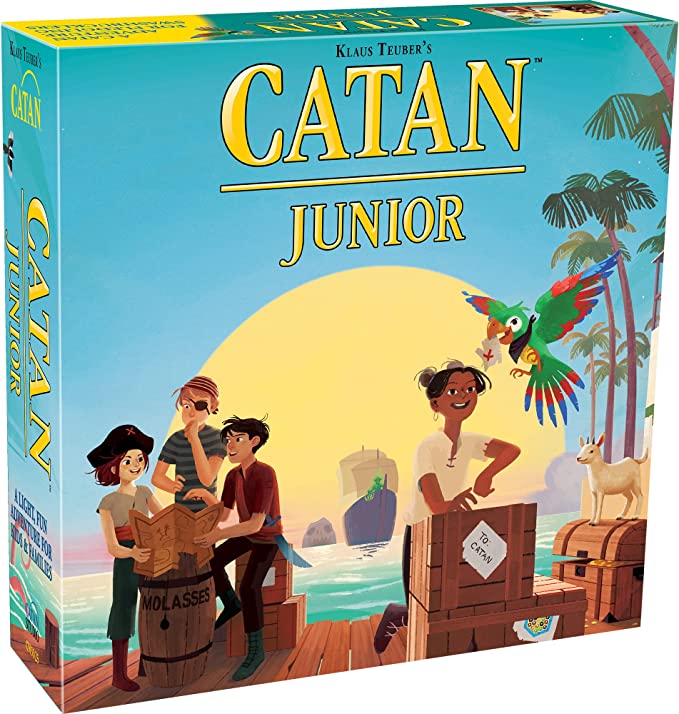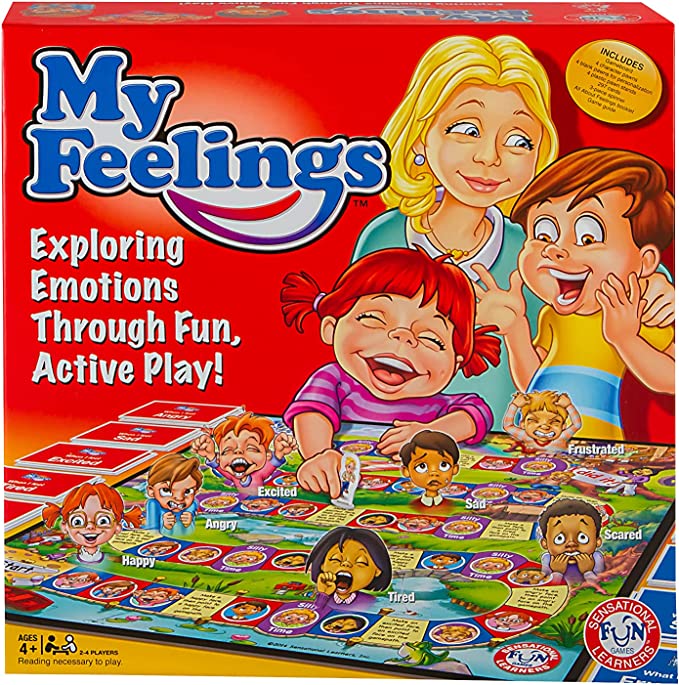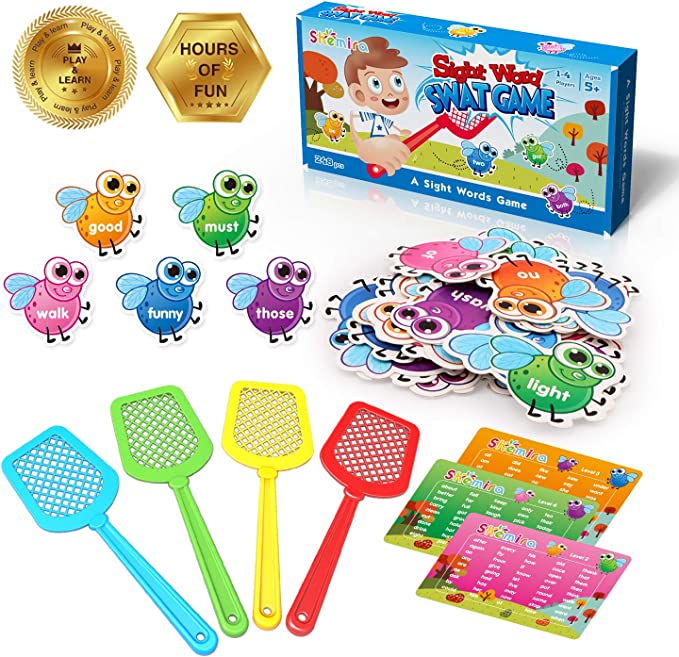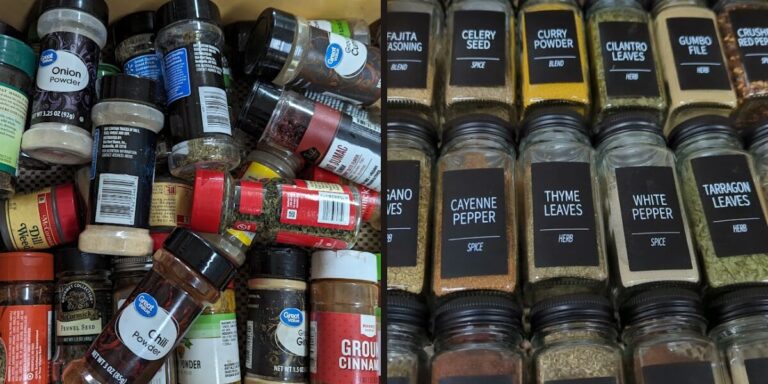Searching for the best board games for learning? This list of board games will help you educate your kids at home all the while having fun together!
Family Board Games for Learning
Board games offer a fun and engaging way to learn new concepts and skills. They often require players to think strategically and use problem-solving skills, which can be beneficial in real-world situations. Additionally, playing board games with others can promote social interaction and cooperation. Ultimately, board games offer a well-rounded learning experience that can be enjoyable for everyone involved.
Can board games be a learning experience?
Absolutely! In fact, board games can be a great way to learn new things and practice existing skills. Whether you’re playing a cooperative game that requires teamwork or a competitive game that encourages strategic thinking, you’re bound to come away from the experience with some new insights. And, of course, don’t forget the social aspect of playing board games – it’s a great way to interact with other people and have some fun while you’re at it.
Stone Soup Cooperative Matching Board Game
For ages: 5 years and up
Stone Soup is the award-winning yummy memory matching game with spice! Players work together to “cook” a soup by making matches of ingredients. If they are successful, everyone wins!
Peaceable Kingdom Hoot Owl Hoot-Cooperative Matching Game For Kids
For ages: 5 years and up
In this color-coordinated matching game, players cooperate to help the owls fly back to their nest before the sun comes up. Help all the owls home before sunrise and everyone wins!
While playing this game, kids can develop memory, problem solving, and social skills. No reading required. Play with 2 to 6 children ages 5 years old and up. Gameplay lasts 15 to 20 minutes.
Includes game board, story and instructions, magical stone card, 24 soup cards, and 10 fire out cards.
Why are board games good for learning?
There are a few reasons why board games can be beneficial for learning. First, they provide a fun and engaging way to learn new concepts and practice skills.
Secondly, they often require players to think strategically and use problem-solving skills, which can be beneficial in real-world situations.
Finally, playing board games with others can promote social interaction and cooperation. Ultimately, board games offer a well-rounded learning experience that can be enjoyable for everyone involved.
Pandemic Board Game
For ages: 13-15 years
If you are looking for something for older kids, this is a great one. Players must work together playing to their characters’ strengths as they plan their strategy of eradicating the diseases before they overwhelm the world with ever-increasing outbreaks. A truly cooperative game where you win or lose together.
7 Wonders
For ages: 13-17 years
Another great one for older kids. As the leader of one of the great 7 cities of the ancient world, you must carefully gather resources, develop commercial routes, and affirm your military supremacy.
Gather resources, develop commercial routes and affirm your military supremacy. Build your city and erect an architectural wonder which will transcend future times.
What are some benefits of playing board games?
There are many benefits to playing board games, including:
• They provide a fun and engaging way to learn new concepts and practice skills.
• They often require players to think strategically and use problem-solving skills, which can be beneficial in real-world situations.
• Playing board games with others can promote social interaction and cooperation.
Ultimately, board games offer a well-rounded learning experience that can be enjoyable for everyone involved.
Retro Series Clue 1986 Edition Game
For ages: 8+ years
Turn the time machine back to 1986 with this Retro Series Clue game! Clue has intrigued generations of game-playing families. Did Colonel Mustard do it in the Lounge with the Revolver? Maybe it was Miss Peacock in the Kitchen with a Rope? Each game provides a fascinating new mystery of foul play to test your ability as a sleuth. The game has unique collectible packaging and the classic gameplay that you know and love, with retro components based on the 1986 edition. Put your sleuthing hat on and take it back to the 80s with Clue!
Tyto Games Elementos the Board Game
For ages: 7+ years
Master the elements, be quick and wise, emerge victorious or meet your demise. ELEMENTOS is a 2 player strategy game based on the concept of the children folk game Rock/Paper/Scissors.
This one sells out a lot so you will have to keep an eye out on it!
What skills do board games develop?
Board games can help develop a variety of skills, including:
• strategic thinking
• problem solving
• cooperation
• social interaction
All of these skills are beneficial in real-world situations and can help you in your personal and professional life.
Say It! The Game of Crazy Combos
For ages: 10+ years
It’s the frantic party game where crazy combinations lead to laugh-out-loud answers. Draw a pair of prompt cards, and then compete to shout out the most entertaining response. What’s “something sticky”… “that you find in the couch cushions?” Or “something shocking”… “you know too much about?” Don’t delay it, just Say It!
CATAN Junior Board Game
For ages: 10+ years
Catan: Junior introduces a modified playing style of the classic game, giving younger players the opportunity to experience the world of Catan.
Children start the game with two settlement pieces and two road pieces. Similar to the classic game, players collect raw materials- in this case, grain, wool, ore, and lumber- to trade with one another. These raw materials are used to build houses and roads. The first player to reach 10 victory points wins the game.
How can I incorporate board games into my learning routine?
There are a few different ways you can incorporate board games into your learning routine. One option is to set aside some time each week to play a game with friends or family.
Alternatively, you could use board games as a reward for completing other tasks or goals – for example, you could allow yourself to play a game after finishing all of your homework for the night.
Finally, there are many educational board games available that are specifically designed to help people learn new concepts and skills. Whatever approach you choose, make sure to have fun and enjoy the experience!
My Feelings Game
For ages: 4-9 years
s they play, children will discover how to recognize feelings in themselves and in others, and to cope with them in socially appropriate ways. And they’ll have way too much fun to realize that they’re developing valuable life skills! 280 scenarios to help kids explore and talk about feelings!
Shemira Sight Word Swat Game
For ages: 3+ years
Why is it so funny? It’s a game and not “work”. Build reading, spelling and vocabulary skills through playful competition with up to 4 players. The element of speed promotes confidence and fluency in reading. A fun way to reinforce sight word learning.Perfect educational toys for boys and girls 3 4 5 6 7 8 years olds.
Do board games make kids smarter?
There is no definitive answer to this question, but there is evidence that board games can have a positive impact on kids’ cognitive development. One study found that kids who played board games had better abstract reasoning skills than those who didn’t play. Additionally, another study found that playing certain board games (such as chess) was associated with increased IQ scores in kids. Ultimately, though, whether or not board games make kids smarter is still up for debate – but there’s certainly no harm in giving it a try!
Board games offer a fun and engaging way to learn new concepts and skills. They often require players to think strategically and use problem-solving skills, which can be beneficial in real-world situations. Additionally, playing board games with others can promote social interaction and cooperation. Ultimately, board games offer a well-rounded learning experience that can be enjoyable for everyone involved.


